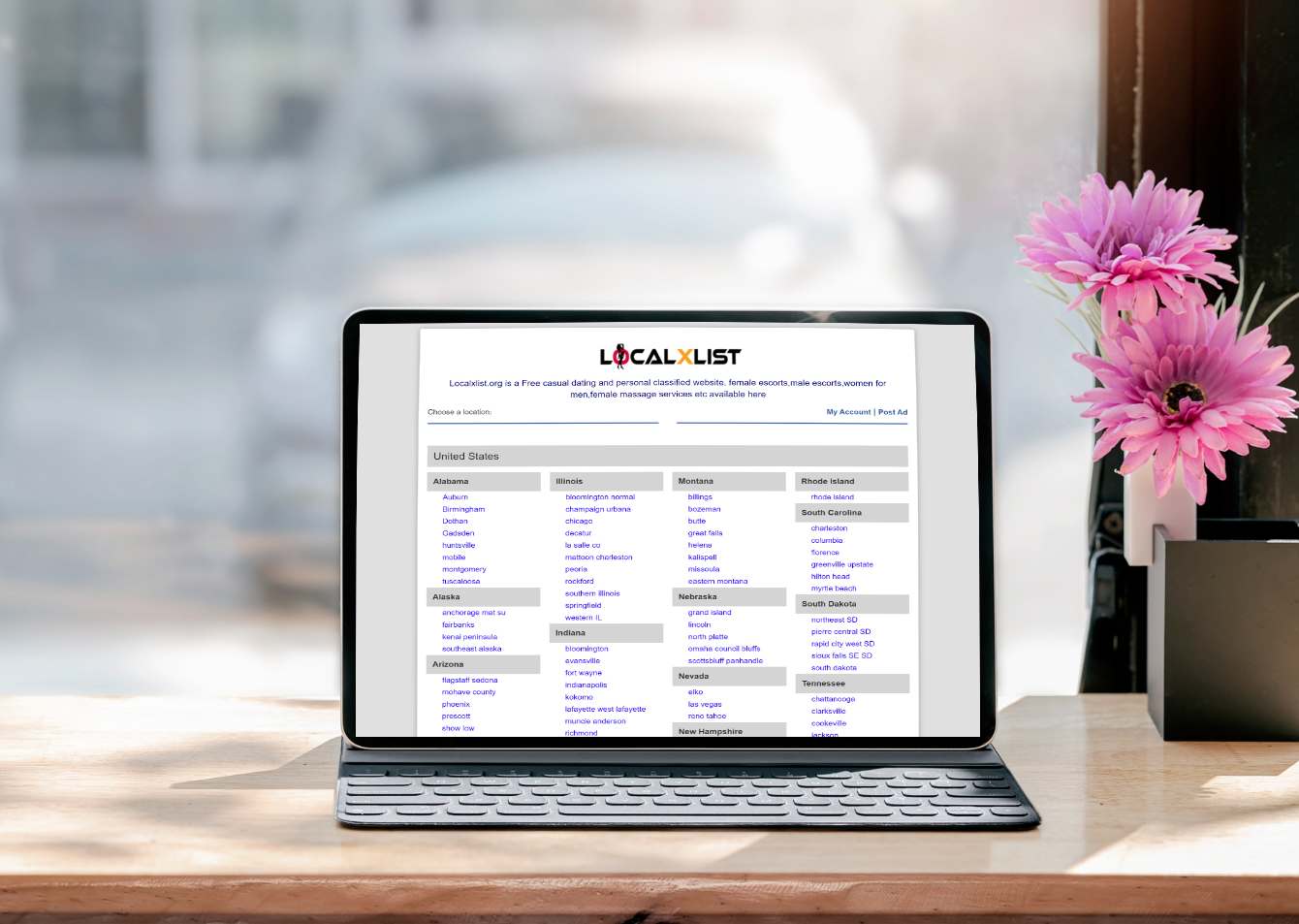Obtaining a small loan with bad credit may seem challenging, but it’s not impossible. This article explores what you need to know about small loans for bad credit, empowering you to make informed decisions and secure the financial support you need.
For many individuals with bad credit, securing a loan can feel like navigating a maze. However, the demand for small loans among those with poor credit scores has grown. Around 16% of Americans fall into the “poor” credit range, making the need for accessible financial solutions more pressing than ever. Bad credit does not mean you’re out of options. Small loans offer an opportunity for borrowers to access needed funds, and, in some cases, they can be a stepping stone toward improving your credit score. This article will guide you through the essentials of obtaining a small loan with bad credit, explaining your options, benefits, potential pitfalls, and how to increase your chances of approval.
Exploring Small Loans for Bad Credit
Small loans typically range from £500 to £5,000. They are designed to help people meet short-term financial needs such as paying bills, covering emergencies, or consolidating debt. For individuals, small loans bad credit can provide the immediate relief they seek. Lenders assess borrowers based on various factors, but for those with bad credit, interest rates are often higher due to the perceived risk.
Lenders specialising in loans for bad credit understand that life happens and unforeseen circumstances can affect credit scores. Still, they assess each application carefully, considering income, employment stability, and loan history. You may still qualify even with a lower credit score if you can demonstrate reliability in other areas. This flexibility makes small loans a viable option for those struggling to qualify for traditional bank loans.
Types of Small Loans Available for Bad Credit
Various types of small loans are available for individuals with bad credit. Understanding these options is essential to finding the loan that best meets your needs.
- Personal Loans: These unsecured loans do not require collateral and can be used for various purposes, such as debt consolidation or covering unexpected expenses. However, unsecured loans often have higher interest rates for bad credit borrowers.
- Payday Loans are short-term, high-interest loans you must repay with your next paycheck. While convenient, payday loans come with high risks due to their steep interest rates and fees.
- Secured Loans: You can access a small loan with better terms by offering collateral (such as a car or savings account). Lenders are more likely to approve loans with collateral, as it reduces their risk.
- Credit Union Loans: Many credit unions offer small personal loans to members with bad credit. These institutions often provide lower interest rates than traditional banks and payday lenders.
Choosing the right loan depends on your financial situation and ability to repay within the agreed terms. Before deciding, carefully compare interest rates, fees, and repayment schedules.
Why Lenders Are Willing to Provide Loans for Bad Credit Borrowers
One might wonder why lenders take the risk of lending to individuals with poor credit. The simple answer lies in the high demand for such loans. Many lenders have developed loan products specifically for those with bad credit because it provides a lucrative business opportunity. In return, lenders charge higher interest rates and fees for the higher perceived risk.
In 2023, small loan lenders targeting bad credit borrowers generated over £20 billion in revenue, with an average annual percentage rate (APR) ranging from 20% to 36%. Although expensive, these loans provide a lifeline for people with no other financial options. Furthermore, with proper management, borrowers can use these loans to rebuild their credit by making on-time payments, contributing to future borrowing power at more favourable rates.
The Role of Credit Scores and Other Approval Factors
Although bad credit can hinder your chances of securing favourable loan terms, lenders consider more than just your credit score when assessing your application. Factors like income, employment history, and existing debt obligations play a role in determining your eligibility.
Some online lenders may approve small loans for borrowers with credit scores as low as 500. However, approval typically involves looking at your income-to-debt ratio and overall financial stability. For example, earning a steady income shows lenders that you can repay the loan, which can outweigh a low credit score. Having a cosigner or offering collateral can also improve your chances of approval, even with bad credit.
Steps to Improve Your Chances of Loan Approval
Improving your odds of getting approved for a small loan requires a proactive approach, even with bad credit. Consider the following steps:
- Check Your Credit Report: Review your credit report for any inaccuracies. Disputing errors can raise your credit score, increasing your chances of approval.
- Reduce Outstanding Debts: Paying down your current debts before applying for a loan can demonstrate responsible financial behaviour and improve your debt-to-income ratio.
- Apply for Secured Loans: If you own valuable assets, consider applying for a secured loan. Due to the reduced risk, lenders are more likely to approve these types of loans.
- Show Proof of Income: Consistent income is a solid indicator to lenders that you can repay the loan. Be prepared to provide documentation such as pay stubs or bank statements.
By following these steps, you can increase your chances of getting the loan you need, even if your credit score is below ideal.
Conclusion
Securing small loans bad credit may seem daunting, but with careful planning and exploring your options, you can get the financial support you need. Whether through personal loans, credit unions, or secured loans, many avenues are available for those with poor credit scores. By understanding the types of loans available, avoiding common pitfalls, and taking steps to improve your chances of approval, you can navigate the process confidently. Remember, the key is to make informed decisions and manage your loan responsibly, using it as an opportunity to improve your financial standing over time.




